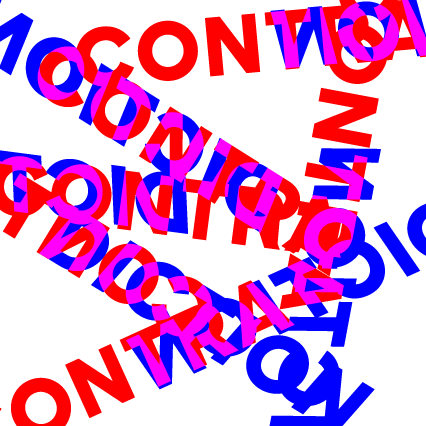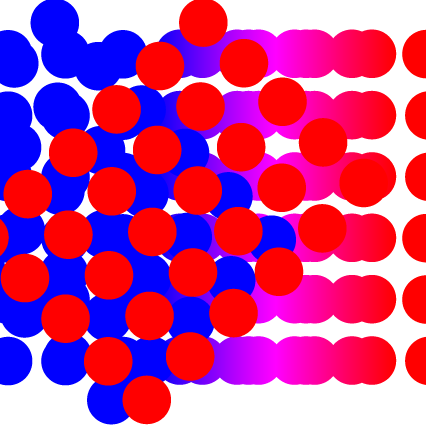Veranstaltungen
-
 Toolbox #3: How to decolonize Contradiction | Resistance and Counterhegemony
Toolbox #3: How to decolonize Contradiction | Resistance and CounterhegemonyToolbox #3a | »The danger of a single story« (Chimamanda Ngozi Adichie) – How to decolonize Contradiction (Gisela Febel & Kerstin Knopf)
Toolbox #3b | Resistance and Counterhegemony (Gisela Febel)
-
 Workshop #3 – Data as/in Contradictions: Research, Practices, Politics
Workshop #3 – Data as/in Contradictions: Research, Practices, Politics
-
 Toolbox #4: Life/World/Concept
Toolbox #4: Life/World/ConceptToolbox im Sommersemester 2025
Vergangene Termine
-
 Political Theory in Times of Uncertainty
Political Theory in Times of Uncertainty
-
 „Das muss eine Demokratin aushalten können“: Eine Problematisierung des Aushalten-Könnens im Dialog mit feministischen Perspektiven auf Sorge/Care
„Das muss eine Demokratin aushalten können“: Eine Problematisierung des Aushalten-Könnens im Dialog mit feministischen Perspektiven auf Sorge/Care
-
 The Truth of Politics. On the Epistemization of the Protests against the German Corona Policy
The Truth of Politics. On the Epistemization of the Protests against the German Corona Policy
-
 Ethnografie als Methode (in) der Rechtswissenschaft
Ethnografie als Methode (in) der Rechtswissenschaft
-
 Vollversammlung und Semesterausklang
Vollversammlung und Semesterausklang
-
 Constitution and/or Declaration. Discussing the Question of the (Linguistic) Construction of Contradictions
Constitution and/or Declaration. Discussing the Question of the (Linguistic) Construction of Contradictions
-
 Afrospanish Literature. Between Activism and Creating References
Afrospanish Literature. Between Activism and Creating References
-
 Performing and Withstanding Contradictions or: an Uneasy Hunch
Performing and Withstanding Contradictions or: an Uneasy Hunch
-
 No Contradiction: True and Effective Knowledge
No Contradiction: True and Effective Knowledge
-
 Of Paradoxes and Pitfalls, or: Does the Post-Migrant Society Need a Collective Memory?
Of Paradoxes and Pitfalls, or: Does the Post-Migrant Society Need a Collective Memory?Historical references have become part and parcel of modern political and public discourse while today’s ever-changing postmigrant societies pose new challenges to long-standing mnemonic practices, as has been vividly discussed in Germany over the past years. Since 2017, claims that newly arriving migrants should be educated in Holocaust history became louder, recently culminating in a revised curriculum for the mandatory integration courses. In our paper we will show how, based on the assumption that Holocaust remembrance can convey values of German society, this new curriculum aims at historical literacy for the purpose of igniting a sense of responsibility for society amongst the newcomers.Yet, so we will argue, the same memory politics also risk to exclude people from the „national culture“ by neglecting responses to Holocaust history that might look different to the ones expected by mainstream society. By drawing from ongoing ethnographic research into different memory-educational programs for refugees in Germany, we seek to illustrate how paradoxes of plural democracy are negotiated on the basis of mnemonic practices and the construction of a collective memory more generally. Our aim is to shift the focus of current debates on German memory politics to the contradictions that underly some of the claims about its collective memory, especially the idea that a shared memory will create harmony amid a diverse society shaped by a multitude of memories.